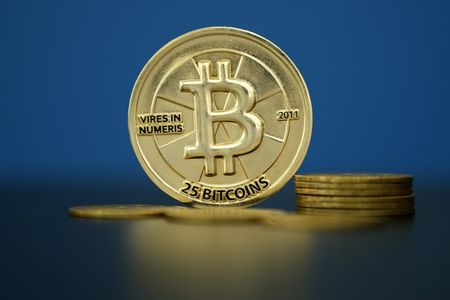An the bottom of the Baltic Sea, an era may come to an end on Monday. The Nord Stream 1 pipeline is shut down for maintenance. Actually nothing special, it happens like this every year. But now it’s war. Russia has invaded Ukraine, and the West is responding with sanctions. He supplies arms to Ukraine and Russia strikes back. Putin throttles the flow of gas to Europe. The pipeline through Poland has already been shut down, and Russian gas is only flowing at half speed in the pipes through Ukraine and Turkey. Most recently, only one billion cubic meters arrived in the EU every week. A drop of two-thirds. The impact on the EU is immense, and energy prices are higher than ever.
And right now, Nord Stream 1 is being shut down for maintenance. Does anyone think that the line will then go back to the network as normal? Certainly not Minister of Economics Robert Habeck from the Greens. He travels the country with the message: Maybe it’s over. Maybe there’s nothing more. The partners in the coalition take a similar view. Deputy FDP parliamentary group leader Alexander Graf Lambsdorff recalls that cutting off energy supplies is one of Putin’s standard tools of torture. Only recently he blocked the Russian Black Sea port of Novorossiysk for oil exports from Kazakhstan because Kazakhstan does not clearly support its Ukraine war. “The possibility of a shutdown occurring is real,” says Lambsdorff. The SPD is not much more optimistic. To think Nord Stream 1 will restart after the maintenance would be “Russian roulette,” says MP Timon Gremmels, one of the group’s leading energy politicians. When the maintenance is over, one might hear from Moscow: “We’d like to, but because of the sanctions we’re missing important parts, and that’s why we can’t.”
The opposition and experts follow suit. Energy expert Andreas Jung says for the Union faction that it is not known whether Russia wants to shut down Nord Stream 1, “but we have to prepare for such a scenario”.
Whether that happens depends on how Putin ticks. If he wanted to make money first and foremost, he would continue to deliver, especially since prices are high at the moment. But if he wants to win over Ukraine above all else, he could switch to zero. Andreas Goldthau from the German Council on Foreign Relations (DGAP) describes how the consideration could look like: “Putin could try to test the stability of the western systems by stopping deliveries. He could calculate that our social stability would be at risk if important branches of industry, the glass industry or BASF, collapsed.”
Would they kneel? The Bruegel research institute follows gas flows into the EU. His charts show the drying up of Russian supplies in recent months. But they also show that the EU has so far been able to almost completely compensate for the losses from Russia through purchases on the world market. More and more liquid gas tankers have recently found their way to Europe. Deliveries from Norway have also increased. The EU has thus almost compensated for the Russian minus – albeit at astronomical costs, since world market prices have increased eightfold since last autumn. The Düsseldorf-based natural gas group Uniper therefore already needs government aid worth billions.






